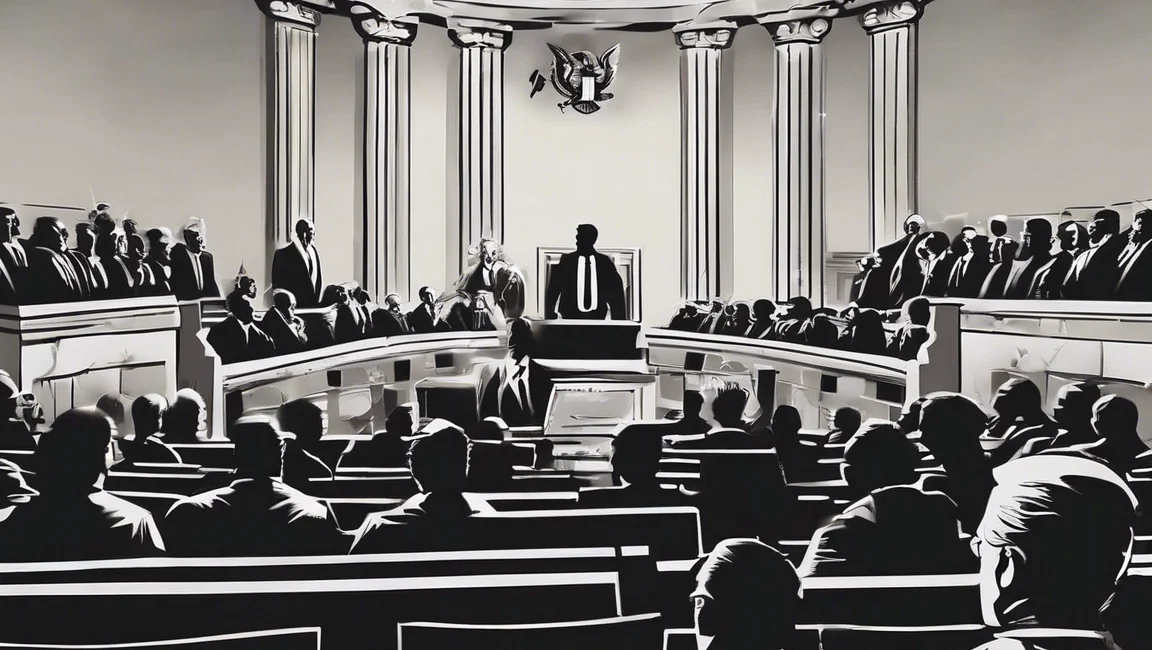
Background/History
Financial services firms (Wall Street) have long argued that they should be exempt from the rules applicable to others. They have showered their champions in Congress with large campaign contributions in return for special exemptions. The role of Senator Schumer in this connection is discussed in the New York Times in an article titled “A Champion of Wall Street.”
In that article John Bogel is quoted as succinctly describing Schumer’s efforts and their effect. “He is serving the parochial interest of a very small group of financial people, bankers, investment bankers, fund managers, private equity firms, rather than serving the general public,” said John Bogle, the founder and former chairman of the Vanguard Group, the giant mutual fund house. “It has hurt the American investor first and the average American taxpayer.”
Schumer was, in his own words, the principal author of “Section 18 of the America Invents Act (AIA), which creates a transitional business method review program.” The name itself is misleading. As Schumer himself stated: “The text of section 18(d)(l) of the AIA provides that a patent is eligible for review if it can be applied to the “practice, administration, or management” of a financial product or service.”
Despite this language, Schumer stated that “Section 18 was not then, and should not be now, construed to be a program for the financial services sector. Rather, it creates a post-grant review of patents that, by consensus, are the most likely to lack substantive merit and be asserted purely for financial gain in an abuse of the patent litigation system.” What he does not specify is where the ‘consensus’ comes from and what he means by it.
PERA and Wall Street
Senators Tillis and Coons have followed in the footsteps of Schumer in that they are recipients of large contributions from Wall Street. The bill they have sponsored, the Patent Eligibility Restoration Act of 2023 (PERA), similarly follows the tact of the AIA-covered business methods in that it never mentions Wall Street by name. However, just as in the case of covered business methods, the language in PERA appears to particularly benefit Wall Street.
I wish that John Bogle were alive so that he could opine on the efforts of Senators Tillis and Coons. We can, nonetheless, try to understand the motivation behind the inclusion of certain of the language given that the Senators have repeatedly declined to provide any rationale in response to inquiries from US Inventor.
Even in Mr. Bogle’s absence, we can see that the language in PERA is very misleading. It ostensibly would preserve any process that cannot be practically performed without the use of a machine, including a computer. This introduces a new concept of “practically performed,” which is untethered to any reality outside of the patent world. Any such new concept is subjective and can be argued ad infinitum. The cost of arguing this would enable Wall Street to crush small inventors who, if well advised, would cease innovating.
An objective concept that would lead to the ostensibly desired result would be to provide that if a process is performed on a computer, it is eligible. Processes that could be practically performed without a computer could be used without infringing, thus making any patent of limited or no value. The fact that the drafters did not do so but instead, in the prior sub-section, stated that adding a computer is not sufficient to provide eligibility (presumably to foreclose any such argument) is, at best, very confusing.
In a similar vein, the drafters stated that a process that is substantially economic, financial, or business is not patent-eligible. Each of these four words is undefined, which again means that the cost of arguing against Wall Street is beyond the means of almost any small inventor. Even more problematic is the fact that each economic, financial, or business must have a separate meaning under the rules of statutory construction. The resulting confusion, uncertainty, and cost would hobble, if not eliminate, innovation in any area that could be argued to be affected.
Conclusion
Hopefully, the Senators did not intend such a result. If this is the case, I would urge them to direct their staffs to work with US Inventor to craft appropriate incentives to innovate.
Publius is the collective pseudonym used by Alexander Hamilton, James Madison, and John Jay, three influential Founding Fathers of the United States. Together, they authored the Federalist Papers, advocating for the ratification of the U.S. Constitution. Hamilton, Madison, and Jay each brought their unique expertise in economics, political theory, and law to the essays, which continue to be revered for their impact on American political thought.
This Author bio is reserved for authors who wish to remain anonymous.






